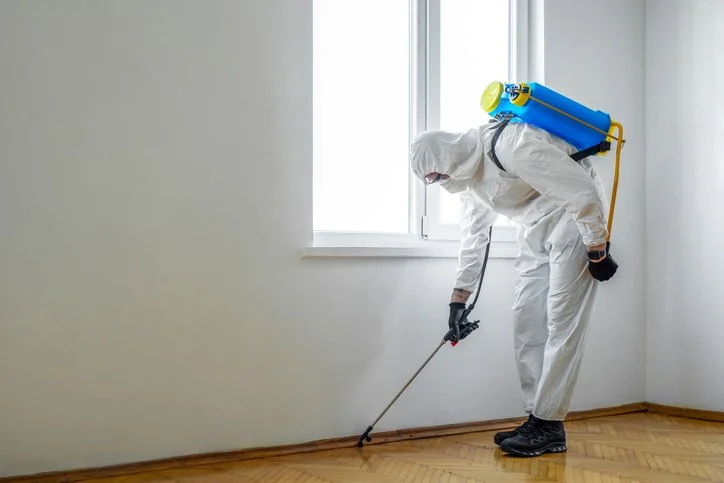
How to Choose Between Different Pest Control Methods
- 1. Understanding Pest Control Options
- 2. Do-It-Yourself vs. Professional Pest Control
- 3. Natural Pest Control Methods
- 4. Chemical Pest Control Methods
- 5. Factors to Consider When Choosing Pest Control
- 6. Real-Life Examples of Choosing the Right Pest Control
1. Understanding Pest Control Options
When dealing with pest problems, one of the first questions homeowners ask is: "Which pest control method is best for me?" The answer depends on several factors, including the type of pest, the severity of the infestation, the environment, and personal preferences. Pest control methods generally fall into three broad categories: Do-it-yourself (DIY) solutions, professional pest control services, and natural or eco-friendly methods.
Choosing the right approach involves understanding these methods, weighing their pros and cons, and deciding which option aligns with your goals. In this article, we’ll explore these different pest control options and guide you through the process of choosing the best solution for your needs.
2. Do-It-Yourself vs. Professional Pest Control
When faced with a pest infestation, one of the first decisions to make is whether to handle the problem yourself or hire a professional pest control service. Both options have their advantages, and the choice often depends on the severity of the infestation and the type of pests you're dealing with.
Do-It-Yourself Pest Control
DIY pest control can be an effective option for minor pest issues or when you want to avoid the cost of professional services. Common DIY methods include using traps, sprays, and baits available at local stores. These methods are often targeted at specific pests, such as ants, cockroaches, or rodents.
Advantages of DIY pest control:
- Cost-effective, especially for minor infestations.
- Convenience of purchasing products and handling issues at your own pace.
- Availability of a wide range of pest control products in stores and online.
Professional Pest Control
If you have a larger infestation or persistent pest problem, professional pest control may be the better option. Pest control companies have access to specialized equipment and products that are not available to the general public. They also have the expertise to identify and treat hidden infestations, such as termites or bedbugs, that DIY methods might miss.
Advantages of professional pest control:
- Expert assessment of the situation and targeted treatments.
- Long-term solutions and monitoring to prevent re-infestation.
- Specialized treatments for challenging pests that require more expertise.
3. Natural Pest Control Methods
For those who are concerned about the environmental impact of pesticides or who prefer non-toxic solutions, natural pest control methods can be an excellent alternative. These methods use environmentally friendly techniques to manage pests without relying on harmful chemicals.
Popular Natural Pest Control Methods
- Essential Oils: Many essential oils, such as peppermint, lavender, and eucalyptus, are known to repel pests like mosquitoes, ants, and spiders. Diffusing these oils or spraying them around the home can help keep pests at bay.
- Diatomaceous Earth: This natural powder can be spread around the home to control pests like ants, cockroaches, and fleas. It works by dehydrating pests and is safe for humans and pets when used as directed.
- Biological Control: Introducing natural predators of pests, such as ladybugs for aphids, can help control pest populations in the garden without chemicals.
4. Chemical Pest Control Methods
Chemical pest control methods involve the use of pesticides to eliminate pests. These can be highly effective, especially in cases of severe infestations. However, they also carry some risks, including potential harm to the environment, non-target species, and human health if used improperly.
Types of Chemical Pest Control
- Sprays and Aerosols: Commonly used for pests like mosquitoes, flies, and ants, these products can quickly eliminate visible pests but may not address hidden populations.
- Rodenticides: Poisonous baits used to control rodent populations. These should be used with caution, especially in homes with pets or children.
- Insecticides: These are chemicals designed to kill insects, and they can be applied in a variety of ways, including sprays, dusts, and foggers.
5. Factors to Consider When Choosing Pest Control
When choosing between different pest control methods, consider the following factors:
- Type of Pest: Different pests require different treatments. For example, rodents might require traps or baits, while insects like ants or termites may need sprays or baits.
- Infestation Severity: If the infestation is minor, DIY methods might suffice. For more significant problems, professional services may be necessary.
- Environmental Impact: If you're concerned about the environment, opt for eco-friendly or natural pest control methods.
- Safety: Consider the safety of pets and children. If safety is a priority, tamper-resistant bait stations or natural methods might be best.
6. Real-Life Examples of Choosing the Right Pest Control
Consider the case of a homeowner dealing with a recurring ant infestation. After trying over-the-counter ant traps and sprays with limited success, they decided to call in a professional pest control service. The expert not only identified the source of the infestation (a hidden nest in the walls) but also implemented a targeted treatment that solved the issue long-term.
Another example comes from a family that was looking for a non-toxic solution for mosquitoes in their garden. They opted for essential oils like citronella and lavender, along with strategic plantings of natural repellents. These methods significantly reduced mosquito activity, allowing the family to enjoy their outdoor spaces safely.
Choosing the right pest control method is all about understanding your needs, the nature of the pest problem, and the available options. Whether you decide on a DIY approach, hire a professional, or go for eco-friendly solutions, it’s important to make an informed decision that ensures long-term pest management.
For more information and to find the best pest control products, visit PestControlHub for expert advice and a wide range of solutions tailored to your needs.
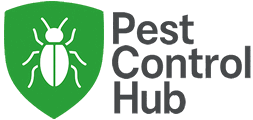
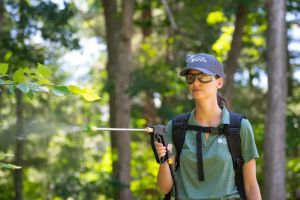
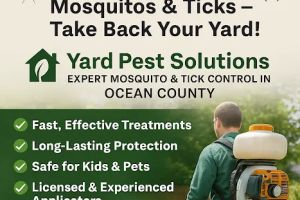
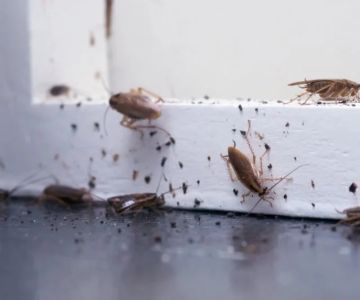
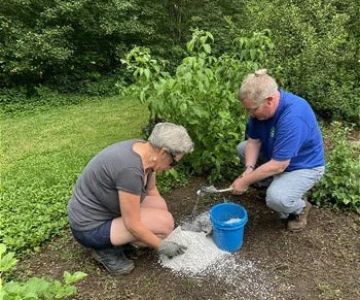
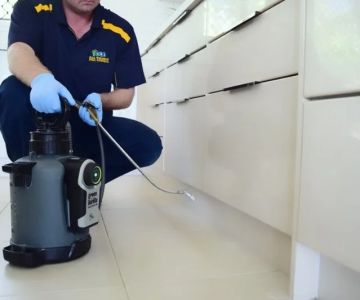
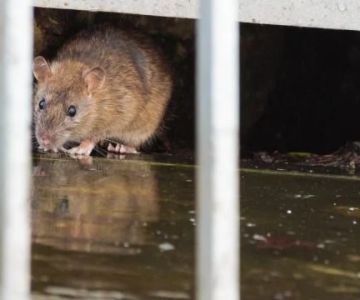
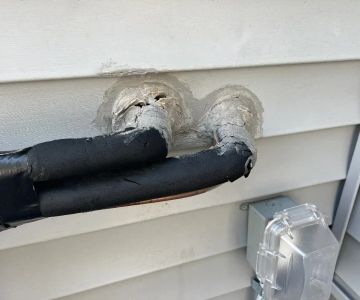
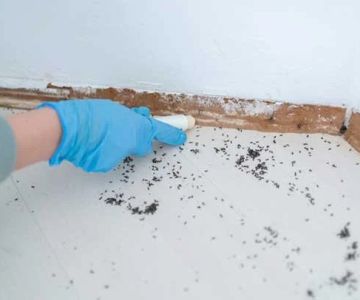
 Wildlife Resolutions4.0 (443 reviews)
Wildlife Resolutions4.0 (443 reviews) Pest Marshals of Toledo5.0 (2 reviews)
Pest Marshals of Toledo5.0 (2 reviews)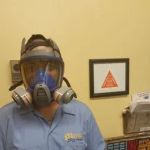 LS Rodent Proofing & Pest Control Service5.0 (4 reviews)
LS Rodent Proofing & Pest Control Service5.0 (4 reviews) Best Termite & Pest Control4.0 (16 reviews)
Best Termite & Pest Control4.0 (16 reviews) Varment Guard Wildlife Services5.0 (28 reviews)
Varment Guard Wildlife Services5.0 (28 reviews)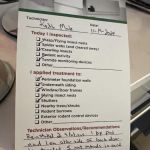 Pestban Inc4.0 (394 reviews)
Pestban Inc4.0 (394 reviews) How to Use Monitors to Detect Pest Entry: A Comprehensive Guide
How to Use Monitors to Detect Pest Entry: A Comprehensive Guide How to Predict Which Pests Will Invade Next – Smart Pest Forecasting for the U.S.
How to Predict Which Pests Will Invade Next – Smart Pest Forecasting for the U.S.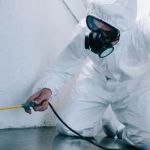 How to Conduct a Pest Risk Assessment at Home – Expert Guide
How to Conduct a Pest Risk Assessment at Home – Expert Guide How to Block Pest Entry Around Deck Joists: Effective Solutions
How to Block Pest Entry Around Deck Joists: Effective Solutions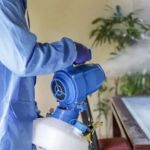 How to Safely Use Fumigation Methods: A Comprehensive Guide for Homeowners
How to Safely Use Fumigation Methods: A Comprehensive Guide for Homeowners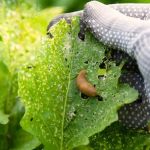 Why Pests Are More Active After Rain: Understanding the Link Between Weather and Pest Behavior
Why Pests Are More Active After Rain: Understanding the Link Between Weather and Pest Behavior